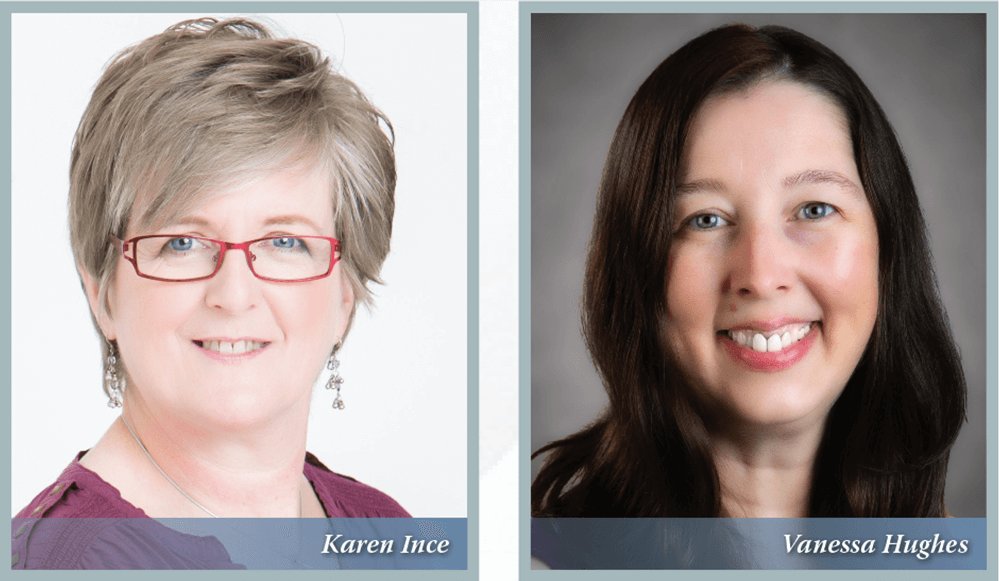
In September 2019, I was browsing the Facebook Pathways Discussion Forum when a member post caught my eye. Vanessa Hughes, a North Carolina Toastmaster, asked if she could mentor someone outside her club to complete the “Advanced Mentoring” project of the Pathways Mentor Program.
Forum members confirmed that she could, indeed, mentor anyone, even a non-Toastmaster. Vanessa’s question was answered; I could have scrolled on by. But I saw an opportunity and asked if she already had a protégé in mind. She didn’t.
And so, the die was cast. I’m absolutely delighted that Vanessa chose to mentor me out of all the people in the world she could have selected for this six-month assignment. The “Advanced Mentoring” project, the final project of the Pathways Mentor Program, allowed Vanessa to put the final polish on her considerable advising and people skills. Not only did we work well as project partners, but we also became friends.
When the mentorship started, Vanessa belonged to Brunswick County Toastmasters in Shallotte, North Carolina. I was, and still am, a member of Canterbury Communicators Club in Canterbury, England. However, with modern technology at our fingertips, distance was not an obstacle, nor was the devastating pandemic which set in a few months later.
I quickly came to appreciate the fact that she and I represented different clubs, as well as distinct generations, nationalities, cultures, and levels of Toastmasters experience. There is much about our organization that is common across the world—and we welcome that consistency—but there are also subtle differences among us all, depending on our home club and country. For me, this adds yet another benefit to the mentor-protégé relationship, and why I recommend more people give it a try! Even if there are 4,000 miles, or many more, between you.
Our mentorship felt very balanced and equitable.
I earned my DTM in July 2019, and people have asked why I still wanted a mentor. “Why not?” I replied. Yes, I knew more about Toastmasters as an organization than Vanessa. I’ve belonged to several clubs, given dozens of speeches, and served in club and District leadership roles. And I was able to repay Vanessa’s mentoring efforts with some practical knowledge and ideas from my own experiences, while she focused on helping me set and achieve new goals.
Vanessa was excellent at talking me through priorities when health issues required me to make some changes in my life. I feel very lucky to have worked with someone who could brainstorm solutions, listen patiently, and empathize. I sent her my speech videos and she gave me feedback with a fresh eye. She helped create a success plan, managed evaluations, and—of course—scheduled Zoom meetings. In the six months I was her protégé, I completed Levels 1 and 2 in the Strategic Relationships path and Motivational Strategies Level 3. We still swap ideas about how to improve our clubs.
Our mentorship felt very balanced and equitable. We are proof that any enthusiastic, committed member can effectively mentor another member when both are open to the experience.
Eventually, both Vanessa and I were on Zoom for each other when we spoke to our respective clubs about our mentor-protégé experience.
Vanessa is now a member of Seymour Johnson Toastmasters at the Seymour Johnson Air Force Base in Goldsboro, North Carolina. She recently led a Speechcraft® program, and I attended as Table Topicsmaster for its final session!
Toastmasters is truly international and filled with both similar and distinct individuals who become mentors and friends. That’s a reason to celebrate.
Karen Ince, DTM is a member and former Vice President Membership of Canterbury Communicators Club in Canterbury, England.
Related Articles
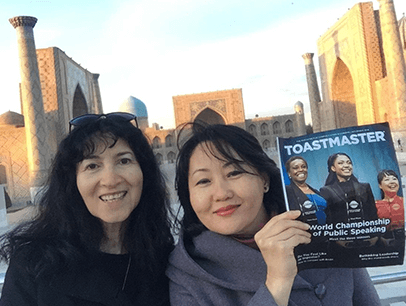
Mentorship
The Value of Virtual Connections
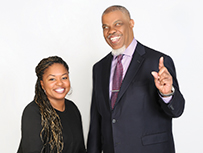
Mentorship
The Meaning of Good Mentoring
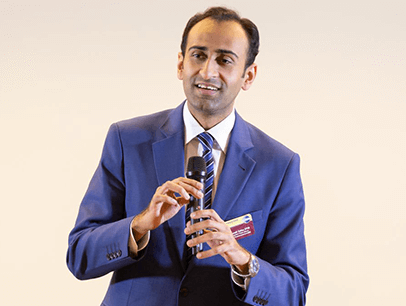
Club Experience
A Global Online Experience
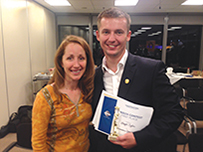
Mentorship



 Previous
Previous
 Previous Article
Previous Article